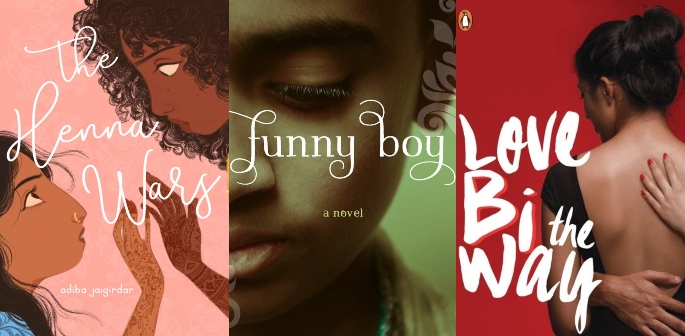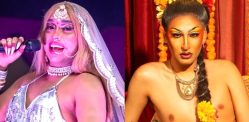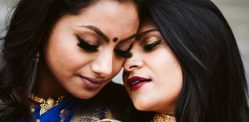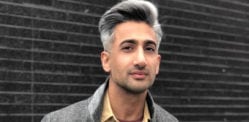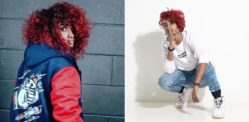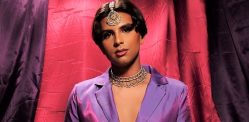"It makes the reader reflect on their position in society"
Queer South Asian books are some of the most sought-after pieces of literature in the modern world.
The literary landscape has changed so much and there is ample opportunity for more diverse and inclusive storylines.
Whilst queerness and the LGBTQ+ community are still taboo in South Asian culture, there is a wider discussion happening in order to change this.
These bold and brash queer South Asian books are helping to push the conversation forward. Similarly, they are oozing with thought-provoking plots, characters and themes.
These authors have taken a leap and presented some of the most iconic novels surrounding stigmatised topics.
More importantly, these pieces aren’t just for the queer community, but for everyone to explore the different identities and stories of real South Asian experiences.
So, if you’re an avid reader or looking for a great place to start, here are 18 queer South Asian novels you have to read.
Funny Boy by Shyam Selvadurai
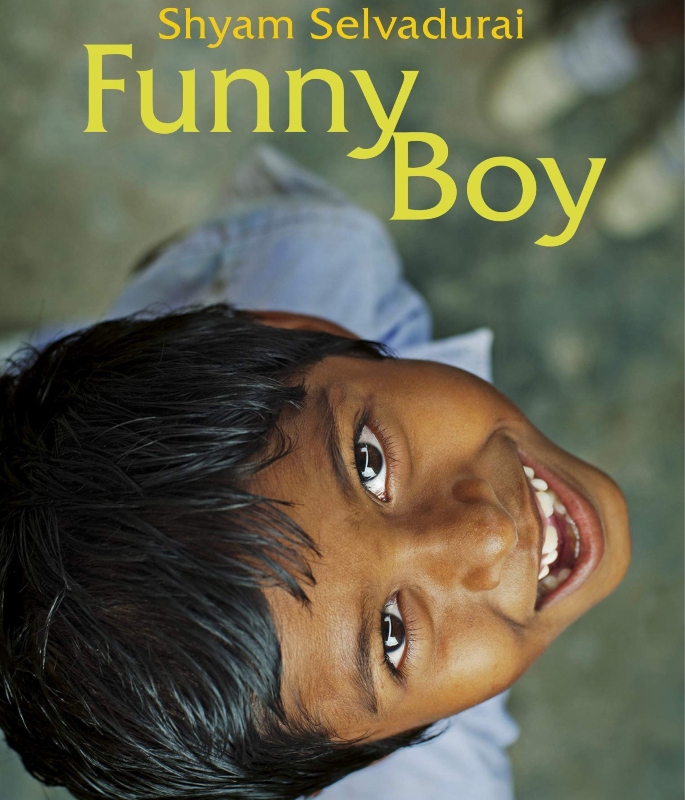
Funny Boy was first published in 1994 and won the Lambda Literary Award for Gay Fiction.
It tells the story of Arjie Chelvaratnam, a young Tamil boy living in Colombo who explores his sexual identity, ethnicity and class.
The plot is structured in six different parts – Pigs Can’t Fly, Radha Aunty, See No Evil, Hear No Evil, Small Choices, The Best School of All and Riot Journal: An Epilogue.
Each part is a vivid story from Arjie’s point of view as the reader grows up with him from age seven to 14.
He’s part of a wealthy family and the plot slowly builds up to the 1983 Sri Lankan riots.
The coming-of-age theme is vibrant as you see Arjie’s sexual urges and confusion battle with the culture he’s in.
Funny Boy is a poignant narrative that reflects cultural viewpoints, sexual problems and trauma.
The Truth About Me: A Hijra Life Story by A. Revathi

A ‘hijra’ is a South Asian term referring to the transgender and/or intersex community. Therefore, the novel is appropriately titled given the content.
This tender autobiography portrays the life of Revathi, who was born a guy but always felt like a woman blossoming in a man’s body.
Revealing her story to the world, she describes the torment of having to live in the wrong body from childhood.
Revathi explains that she had no choice but to be true to herself. She had to escape the abuse at the hands of her family and ran away to join a house of hijras.
However, it wasn’t as easy as it seemed as Google Books explains:
“Her life became an incredible series of dangerous physical and emotional journeys to become a woman and to find love.”
The Truth About Me is a beautiful story of finding love and accepting yourself even if it means fighting every single day.
Cobalt Blue by Sachin Pinto Kundalkar
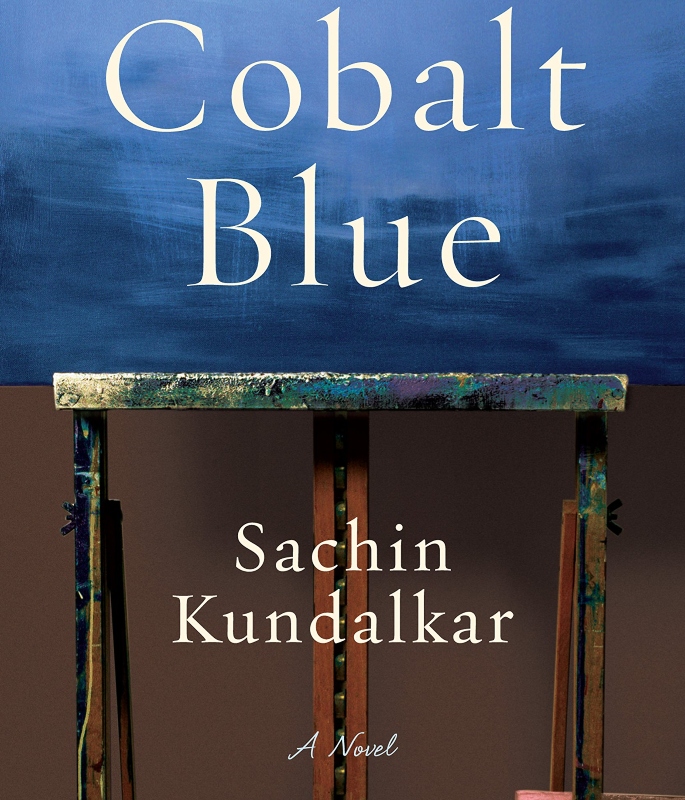
Published in 2006, Cobalt Blue follows two siblings, Tanay and Anuja.
It is an erotic telling of how both brother and sister fall in love with a young artist who rents an upstairs room in their parents’ house.
The book is divided into two parts, both titled after the siblings and emphasising the impact this stranger has had on their lives.
Tanay, a gay man, narrates an intense, dramatic and emotional dialogue about society, family and sexuality.
Whilst his sister Anuja tries to bounce back from her lover’s escape. She tries to rediscover herself whilst putting the pieces of her heart back together.
The colour blue links the two stories back up. It symbolises the universal feeling of mourning between the two siblings whilst also representing different elements of each tale.
Cobalt Blue is one of the tensest yet deep queer South Asian books to feast your eyes on.
The Paths of Marriage by Mala Kumar
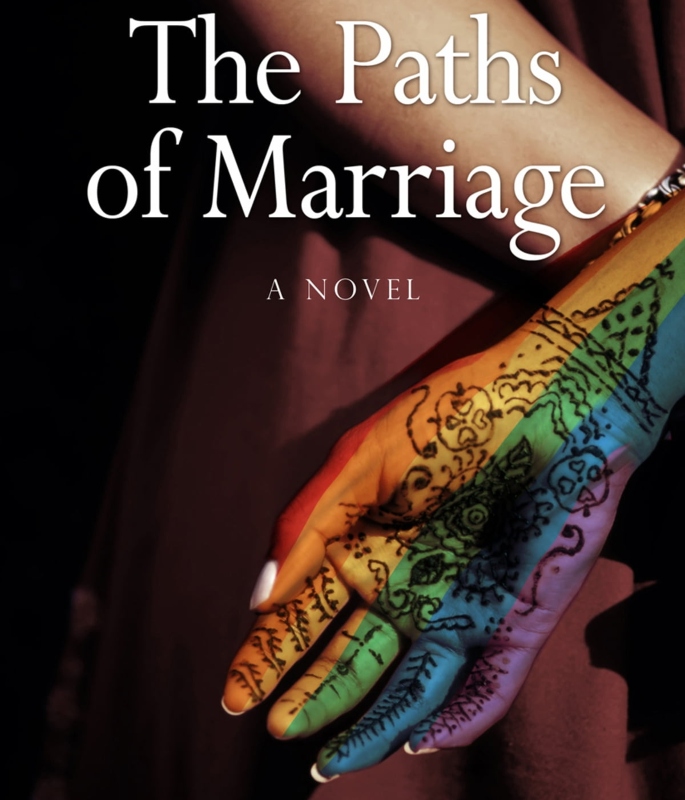
This gripping tale addresses one of the hardest things for the South Asian LGBTQ+ community, and that is coming out.
The Paths of Marriage surrounds three generations of Indian women.
Lakshmi, an educated student who grew up in poverty migrates to the United States in order to provide a better life for herself and her family.
She forces her American daughter Pooja into an arranged marriage, trying to hold on to some cultural reality.
Pooja then has a daughter, Deepa, who comes out as a lesbian to everyone but her family.
Tensions rise when Deepa’s partner gives her a warning to come out to her mother or they will break up.
Komal Panwar from the Indian Women Blog has described the literary value of the novel, stating:
“Kumar’s storytelling technique somehow managed to weave in several issues.”
“[These cover] strong women, loneliness, intersectional identities, marriage, education, and society.”
All three women are trying to navigate their lives the best way they can. Pooja is still reeling from her forced marriage and Deepa has no choice but to confront her greatest fear.
All the while, generational ideals collide as the women try to stay united as a family but ultimately must face the dark side of their culture.
Love Bi The Way by Bhaavna Arora
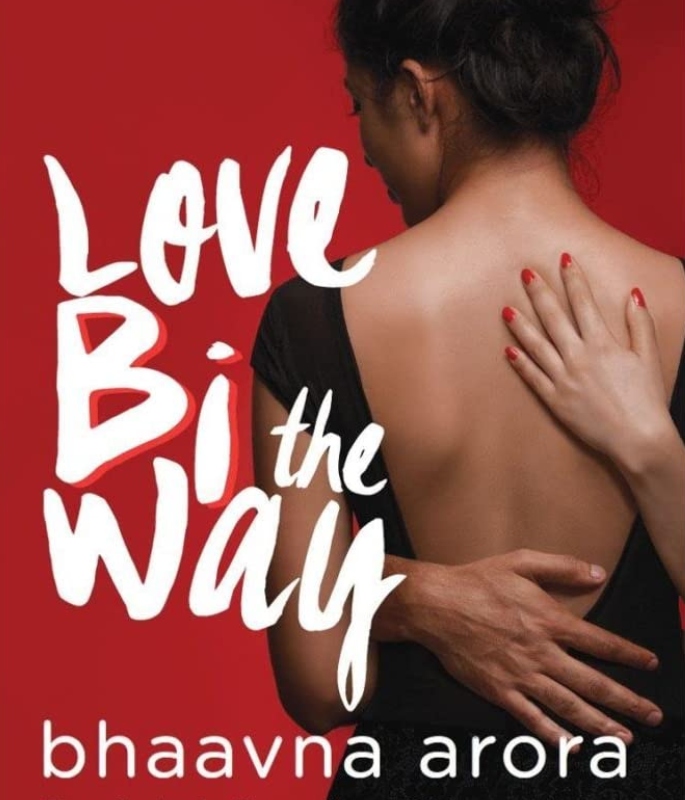
Bhaavna Arora’s Love Bi The Way is one of the first commercially successful books on LGBTQ.
It focuses on two women, Rihana, a fierce painter and Zara, a timid businesswoman trying to make it in a male-dominated world.
Whilst they are both polar opposites, it’s what attracts them together. Bound by their differences, they try to steer and mould fulfilling careers.
However, finding solace in each other comes at a price when Rihana lusts after numerous men and Zara meets her ‘prince charming’.
The novel breaks down certain stereotypes and addresses the right of choice when it comes to romantic partners.
Of course, the focal point is bisexuality but it explores much more than that. Can these relationships last? Read to find out.
Nights Like This by Divya Sood
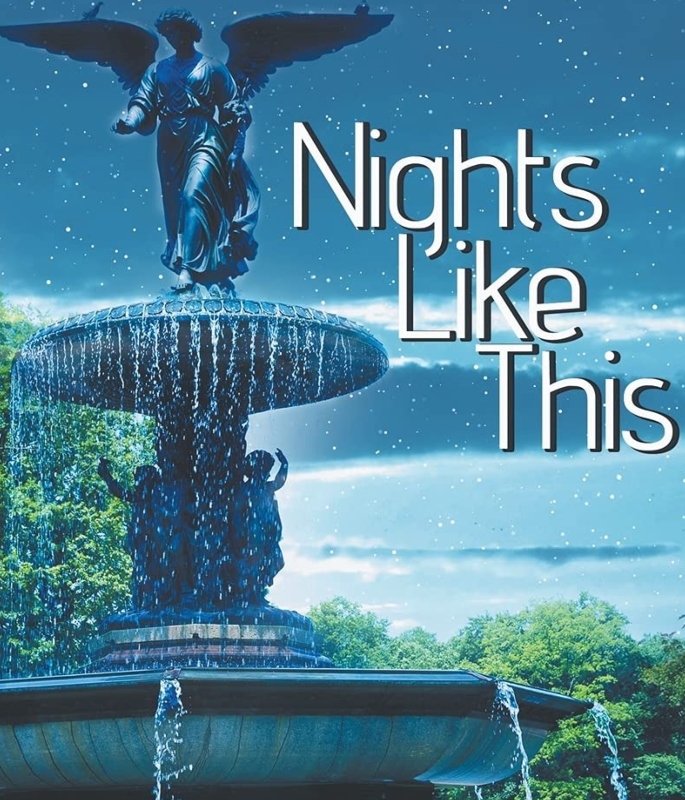
Nights Like This tells the story of an Indian woman in her mid-twenties called Jess.
Caught between two careers, Jess is also caught between the attention of two different women.
Whilst she lives at home with her girlfriend, Anjali, Jess randomly meets Vanessa, a woman who she believes she loves.
The moving, realistic and emotional rollercoaster Jess provides to the reader is all too familiar for those who have experienced heartbreak.
Whilst the novel focuses on the South Asian LGBTQ community, the experiences and interactions are applicable to everyone.
Jess is just a normal woman trying to find her way in life. She writes fiction but is also studying for her MCATs.
However, the rifts in her love life take control and she goes to every corner of the world trying to find the connection she so badly wants.
She Of The Mountains by Vivek Shraya
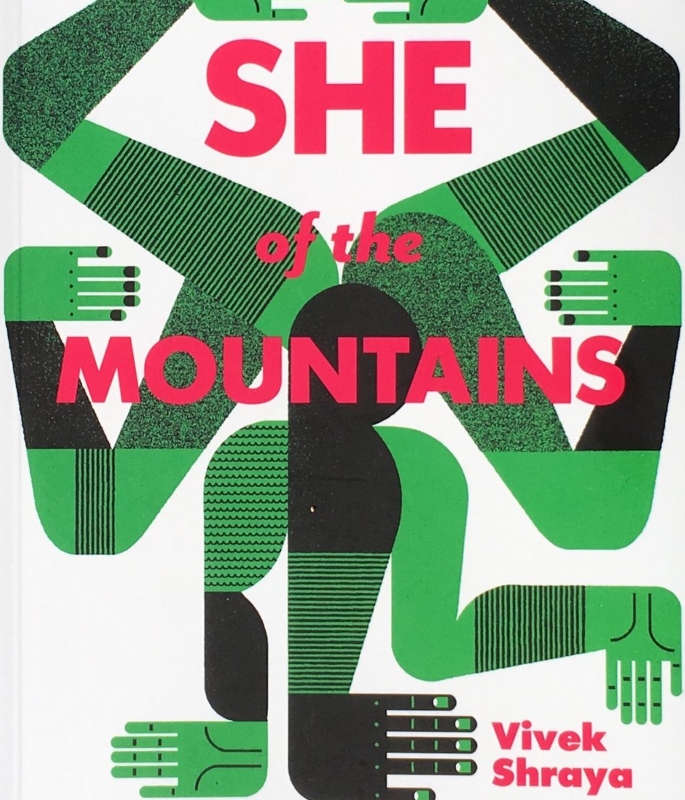
This complex yet intriguing book is a tale of a young boy who comes to grips with his sexual feelings, urges and maturity into adulthood.
What makes this feature on the list of queer South Asian books is how it tackles the changing desires of youthful insecurities of a person.
The queer boy that She Of The Mountains focuses on grows up in Canada. In a memoir-style format, the book is heartwarming. It’s almost like a rendition of identity.
It doesn’t refer to sexuality as just temptation and lust, it’s much more tender than that and is written like revealing acts of self-discovery.
It’s refreshing and uses pop references and comical language making it a fun and exhilarating read.
Referring to deities and culture, Shraya presents the conflicts surrounding gender in an illustrated masterpiece. No wonder the novel was shortlisted as a Lambda Literary Award finalist.
Marriage of a Thousand Lies by SJ Sindu
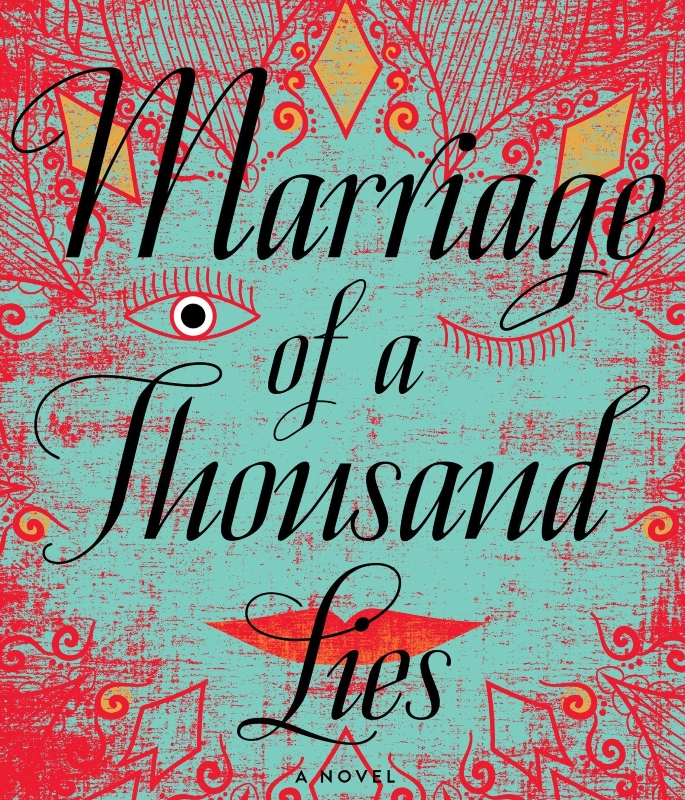
Marriage of a Thousand Lies is a unique journey of Lucky and her husband, Krishna.
Both Lucky and Krishna are gay and they marry in order to escape the gaze of their conservative Sri Lankan-American families.
Both individuals date on the side. Lucky goes out to date and has fun but has to return home where she reconnects with her former best friend, Nisha.
Nisha herself is about to enter an arranged marriage with a man she’s never met. Lucky takes it upon herself to try and save Nisha and rekindle their own romance, but at what cost?
Does Nisha want to be saved or is Lucky trying to break free from her own circumstances? Goodreads reveals:
“Marriage of a Thousand Lies offers a vivid exploration of a life lived at a complex intersection of race, sexuality, and nationality.”
“The result is a profoundly American debut novel shot through with humour and loss, a story of love, family, and the truths that define us all.”
It’s a tale of secrecy but not one by choice but rather for safety. Again, it’s a true depiction of what life is like for some members of the South Asian LGBTQ community.
The Devourers by Indra Das
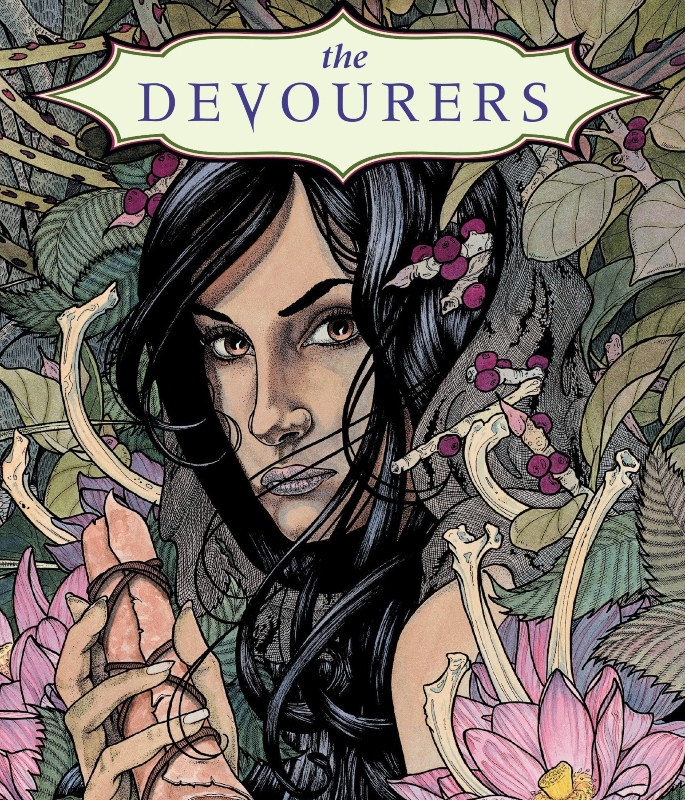
Focusing on the protagonist, Alok Mukherjee, The Devourers is a speculative story that has a darker and more mythical setting.
It’s one of the only queer South Asian stories to blend in fantasy, horror, monsters, love and sexuality.
The setting is also unique in that it takes place during the Mughal Empire up until British Raj India. However, it’s an alternate take on these historical periods.
Alok, a professor, is told of these shape-shifters that devour human souls in order to survive.
The stranger who tells Alok of this world claims it is true and he is persuaded to transcribe a collection of texts documented on the story.
The plot itself surrounds two werewolves (shape-shifters), Fenrir and Gévaudan, a gay couple, and their human associate, a Muslim girl called Cyrah.
As each chapter goes by, Das expertly intertwines themes of cannibalism, beauty and brutality.
Alok also becomes so invested in the stranger that his obsessions grow and evolve into something deeper and darker.
As a reader, you become so engrossed in the book, especially when learning of Alok’s broken engagement as a result of his adultery with other men.
Kari by Amruta Patil
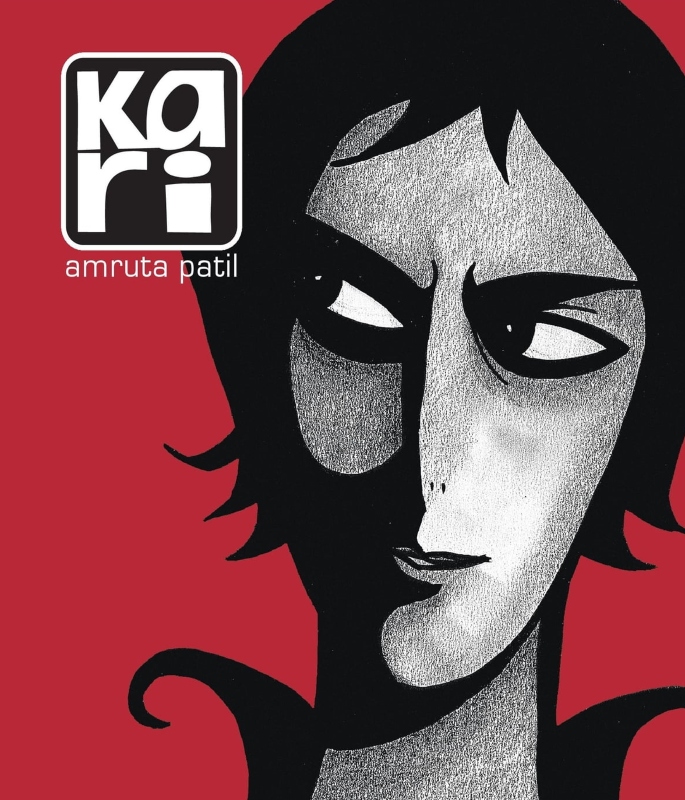
Kari is another modern take on storytelling, this time by Amruta Patil in the form of a graphic novel.
The plot looks at the lived realities of homosexual women in an overpowering heterosexual environment.
Kari focuses on the protagonist of the same name and her lover Ruth. After an attempted double suicide at the beginning, the pair are separated in the aftermath.
Trying to come to terms with her loneliness, we see Kari’s internal struggles and turmoil of facing such a domineering heterosexual landscape.
Kari’s sexuality is constantly questioned throughout the book and she becomes suffocated by the lack of understanding from her peers and society.
Whilst it has its dark parts, the illustrations of the city, characters, relationships and sexuality are vivid and add to the emotion of the plot.
Likewise, Kari’s rebellious nature towards the concept of femininity emphasises a new voice for women.
Regarding the novel, Vaishnavi Mahurkar for Feminism India wrote:
“The struggle to understand oneself in this culture of dominance is beautifully portrayed and stays with the reader.”
“It makes the reader reflect on their position in society and unconscious biases that they might harbour too.”
This is one of those queer South Asian books that you need to experience.
Same-Sex Love in India: A Literary History by Ruth Vanita & Saleem Kidwai
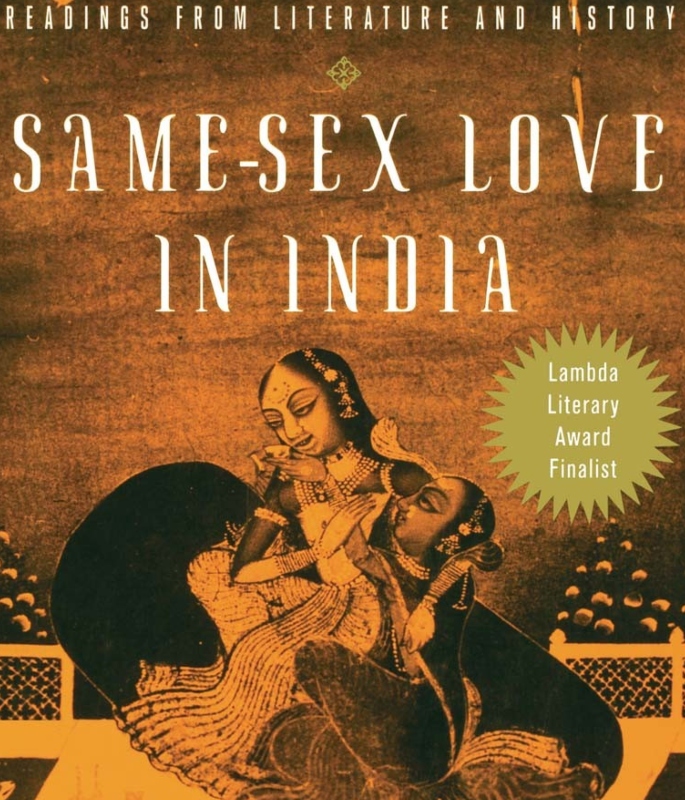
This intense journey into the history of sex within India is an uncharted look at the written traditions of homoerotic love.
However, the book explores how relationships between men and women have been represented in history, literature and mythology.
Divided into four parts, it looks at numerous cultures, faiths, romance and eroticism.
In one revealing aspect, the book shows how it is sometimes easier to be homosexual in India than be heterosexual outside of marriage.
But, the heightened homophobia in the 19th and 20th century means there is no space for that type of acceptance.
Likewise, the absence of lesbian or gay studies/references in academic circles contributes to this lie that homosexuality is non-existent in India.
Same-Sex Love in India goes out to bust some of India’s myths surrounding homoeroticism.
It displays a timeframe of how same-sex love and eroticism have a longstanding tradition within the country.
Spanning two thousand years of Indian writing, this is an interesting look into how this stigmatised topic was thriving before.
My Father’s Garden by Hansda Sowvendra Shekhar
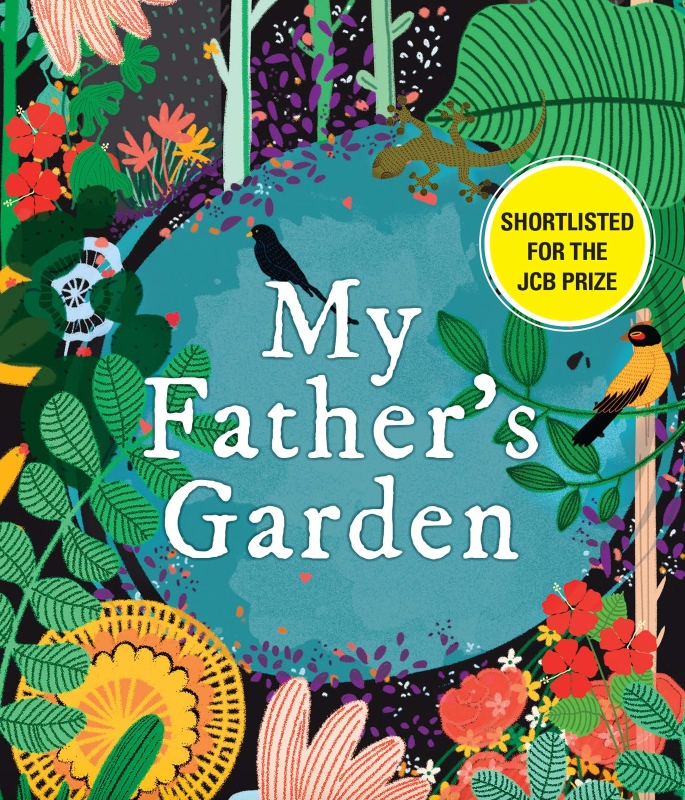
This novel focuses on an unnamed doctor who is also the narrator of the book.
He is in a battle with his sexuality whilst longing for companionship, all the while dealing with family expectations.
My Father’s Garden is split into three sections – Lover, Friend and Father.
In Lover, the narrator is in a passionate yet half-hearted relationship with a junior in college called Samir.
It marks the beginning of the narrator juggling his sexuality and the shame that comes with it.
As he escapes heartbreak, Friends focuses more on class and exploitation.
We get to feel more of the narrator’s emotions and willingness to do good for everyone but unfortunately, does not receive the same treatment.
Trying to flee the pain, the doctor travels back to his father’s house. A former powerful politician who now obsesses over his garden that is pristine and well-maintained.
As the narrator heals and reflects, he wonders if his father’s focus on gardening is a result of his own actions as a son – whether it’s sexually or life choices.
Mridula Gupta gave her comments on the book on Goodreads, stating:
“While Shekhar creates these people, he expertly weaves a landscape to support his characters.”
“Though a fictional account, the book excels in its authenticity about the States’ culture, politics and traditions.
“The scenic descriptions are lush and the characters are well-crafted and placed.”
This is definitely one to read!
The Henna Wars by Adiba Jaigirdar
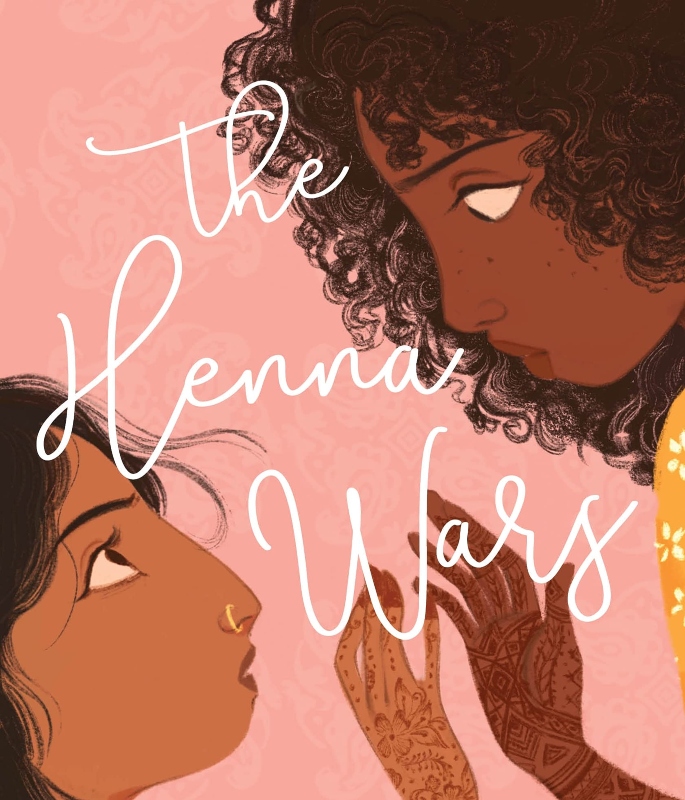
The Henna Wars tells the story of Nishat, a Bangladeshi-Irish girl who struggles with bullies at her Catholic school.
Nishat comes out as a lesbian to her parents who disapprove. This issue grows once she develops a crush on her friend Flávia.
However, more tensions rise when her crush’s cousin, Chyna, torments Nishat over her faith and background.
Once Nishat opens up a henna stand at their school, Flávia and Chyna do the same to compete against her.
The former sees this as cultural appropriation but her opponents don’t see it the same way.
As Nishat and Flávia work their way past the rivalry, their romantic levels heighten and Nishat must find a way to balance her urges and culture.
It’s a constant battle for the protagonist having to deal with racism, homophobia and tradition. But, her story represents millions of lived experiences for South Asians.
The novel is sincere, self-aware, and romantic but entirely unique. Time included The Henna Wars on their list of 100 Best Young Adult Books of All Time in 2022.
Beyond the Gender Binary by Alok Vaid-Menon
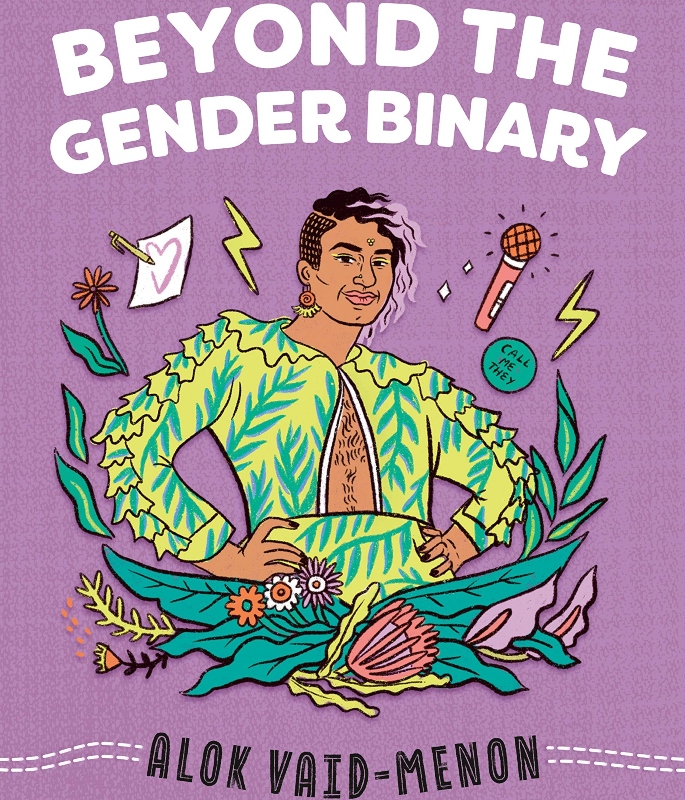
Debunking and reimagining the gender binary is what you can find in Alok Vaid-Menon’s incredible book.
Alok is a gender binary poet, artist and LGBTQIA+ rights activist who wants to demystify the illusion around gender.
They want to challenge the world and make others see it in full colour, symbolising the diversity of everyone in the world.
Talking about their own experiences, they show us that gender is a creative form of expression and limiting that belief will hinder your outlook on life.
It’s both educational yet insightful to understanding nonbinary identities and the power of acceptance.
The book is also bluntly written and is straight to the point, especially when talking about common criticisms.
If you want something fun, energetic and unapologetic, Beyond the Gender Binary is the way to go.
The Love and Lies of Rukhsana Ali by Sabina Khan
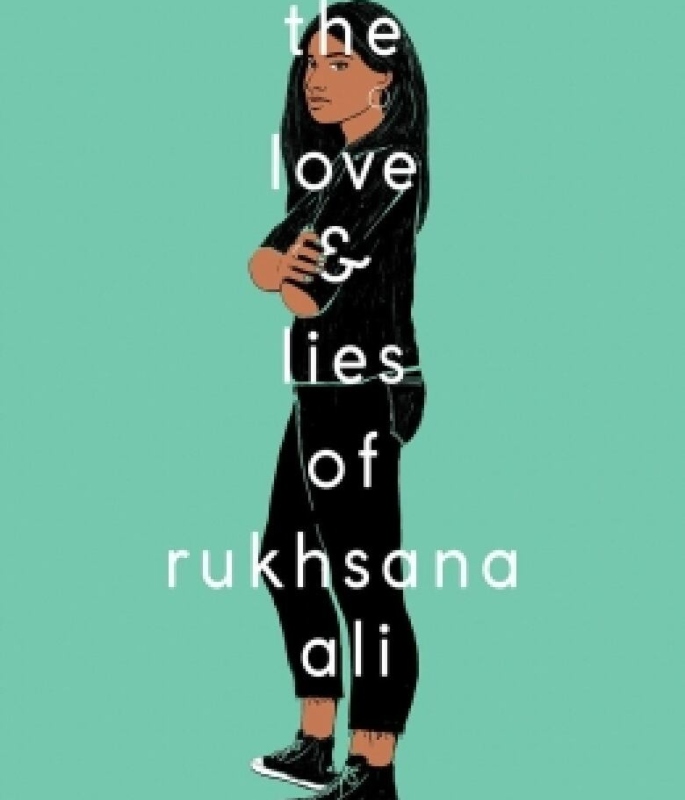
This intimate story of Rukshana Ali tells one woman’s battle of hiding who she really is within her conservative Muslim family.
Building a budding relationship with her girlfriend, Ariana, Rukshana must keep her true identity a secret to avoid harsh repercussions from her parents.
However, this all falls apart when her mother stumbles upon an incident leading her to move Rukshana to Bangladesh.
This whole new world is rampant with homophobia, traditions, arranged marriages and narratives that the young girl is not used to.
It gets to a point where Rukshana wants to put it all on the line but will she go through with it?
This emotional tale is of course focused on same-sex relationships but covers more issues within South Asian society.
What makes this one of the top queer South Asian books is that it dares to talk about domestic violence, sexual assault, forced marriage, hate crimes and murder.
Mohanaswamy by Vasudhendra, Translated by Rashmi Terdal
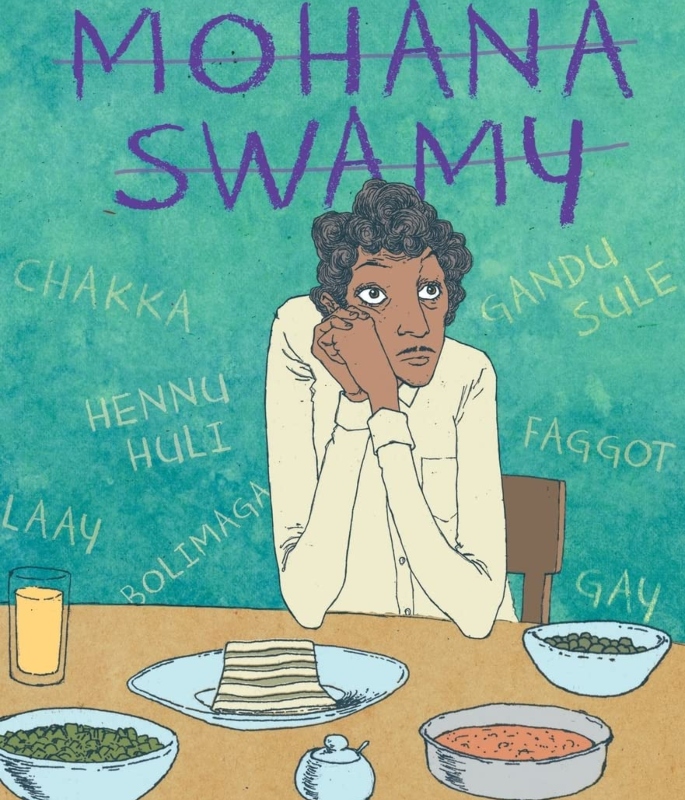
Mohanaswamy opens up after the titular character loses his partner, Karthik, to a woman.
Blaming himself and questioning his behaviour, Mohanaswamy dreams of living a dignified life that would allow him to leave or forget the humiliation he feels.
The sad protagonist wants to distance himself away from the fear of slurs and shame that comes with his sexuality.
This fear is one of the reasons he ponders on conforming to a life he doesn’t want to live.
Writer for The Hindu, S Bageshree, describes the tale as:
“The painful confusion about identity during growing years, humiliation piled on by a deeply homophobic society, finding love, longing and lust.”
As told in short stories, it is a journey of dealing with heartbreak and disappointment whilst overcoming your own fears to accept who you really are.
Trying to Grow by Firdaus Kanga
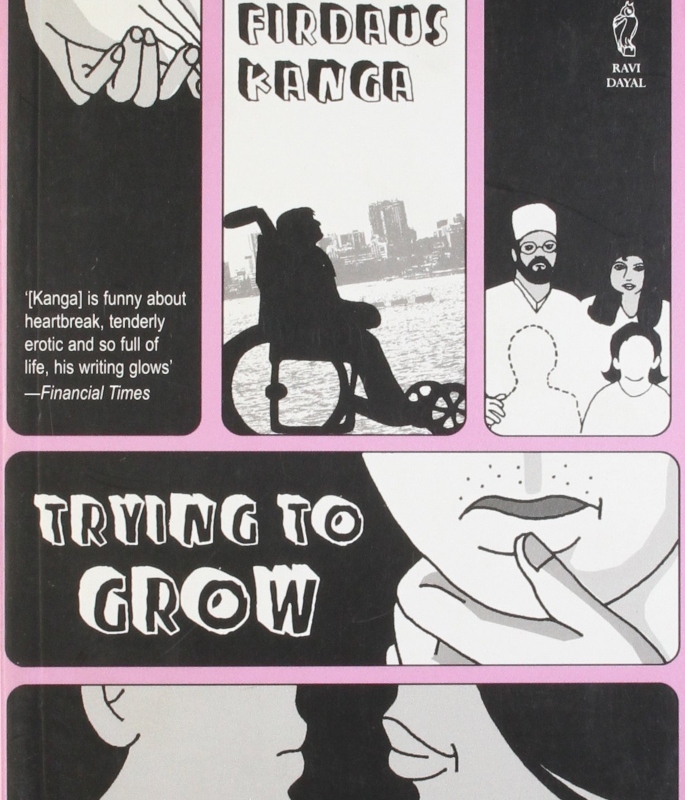
Firdaus Kanga’s semi-autobiographical novel is about a young boy with weak bones.
Set in a bustling India, the main character is told he will never grow taller than four feet. With such a setback, he goes on a journey into the world of adulthood and sexuality.
Interestingly, the novel has some comical aspects such as the family who always reminisce about the British Raj.
They even name the protagonist Brit because it reminds his mother of Britain – but also because of his brittle bones.
This evoking and joyous tale emphasises that gender or disability cannot block a boy’s desire for sex and love.
It references erotic urges, lust and sex, highlighted more when we learn Brit prefers the Karma Sutra to Shakespeare.
High Noon and the Body by Kyla Pasha
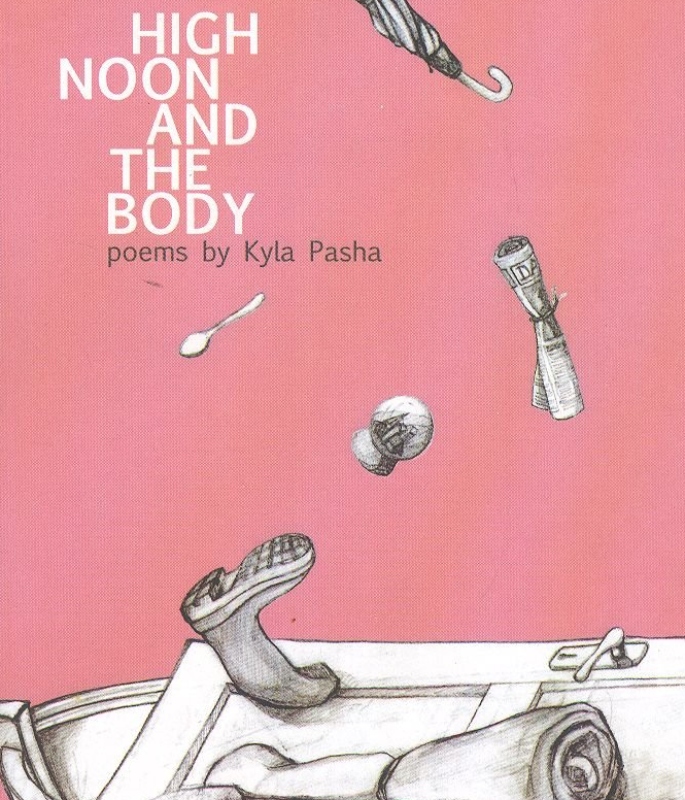
Poems are making their way into more queer South Asian books for their literary and thought-provoking qualities.
This is what Kyla Pasha’s poems do in this sparkling rendition of how we define ourselves through others and our experiences.
The poems are unconventional and she has this way of blurring the lines between the poem and the reader. She challenges the world and is also the one who is reading the poem.
Ilona Yusuf, a writer for News Line Magazine, describes the book, saying:
“This is an original voice, confident and resonant.”
“It has learned how to use the short line and almost colloquial language to express passionate conviction.
“The personal dialogue with the creator embodies Sufi concepts, while her deep aversion to injustice embraces the personal and the political, inescapable realities of our time.”
As a queer poet herself, the collection is personal, political, physical, fresh and captivating.
These amazing and artistic queer South Asian books will have you on the edge of your seat, wanting to read page after page.
It’s welcoming to see such great storylines, as well as plots that refer to real-life experiences and ideas.
Likewise, they paint a vivid and important picture of the state of queerness in South Asian communities and what elements of the narrative need to change.
From love to abuse, sex to forced marriage, homosexuality to culture, these queer South Asian books have it all. Give them a read and you won’t be disappointed.




















































